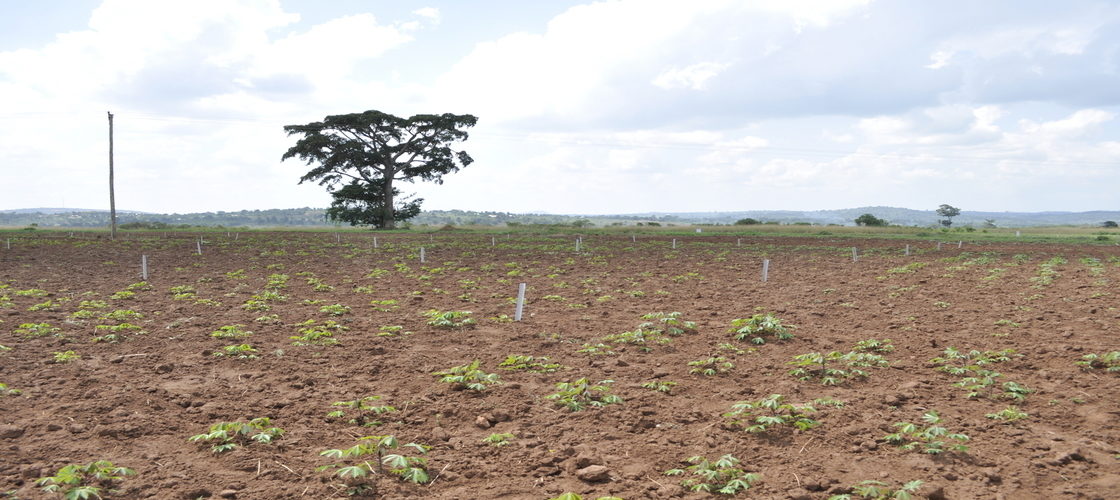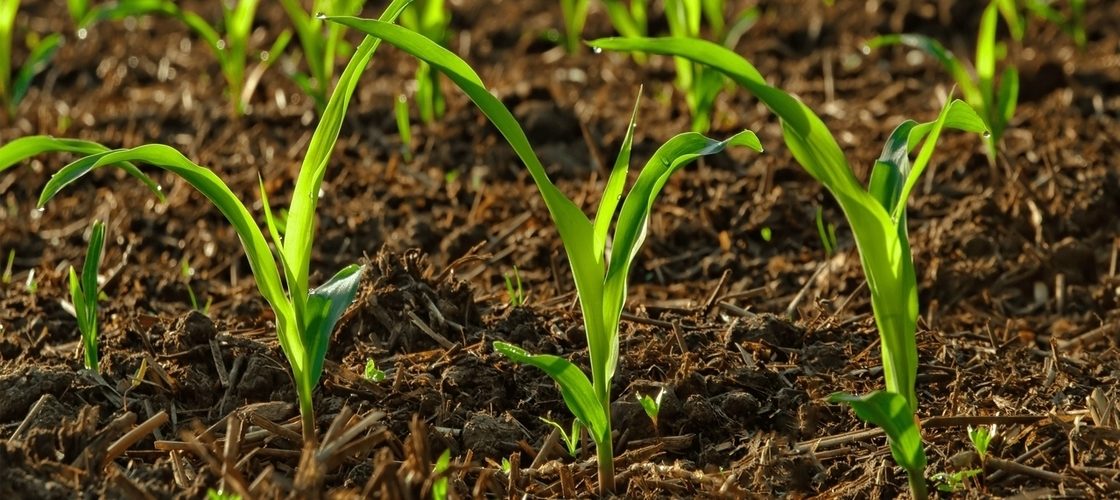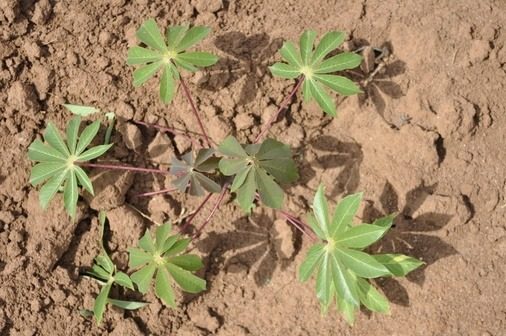
Soil-Testing & Nutrient Management
African soils vary enormously in quality. So comprehensive testing is crucial. The results form the basis for directly relevant advice to farmers. Tests also enable input providers to offer farmers the most suitable fertilizer blends and other soil amendments.
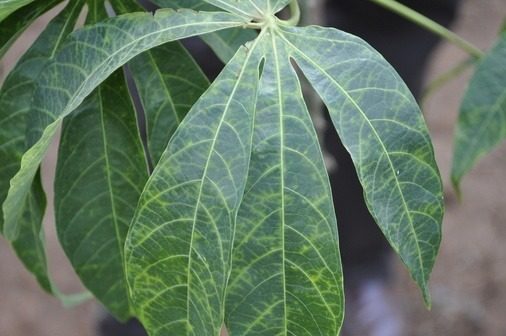
Market-led crop diversification
In much of sub-Saharan Africa, agriculture is based on corn, wheat, and barley monocultures. After just two seasons, cereal mono-cropping can deplete the soil. Pest and disease pressure also increases. Yields then start to fall. Introducing non-cereal crops into such monocultures can help to break pest and disease cycles. Soils benefit, too: Additional crops can rebalance the uptake of nutrients, recycle phosphorus and increase organic matter.
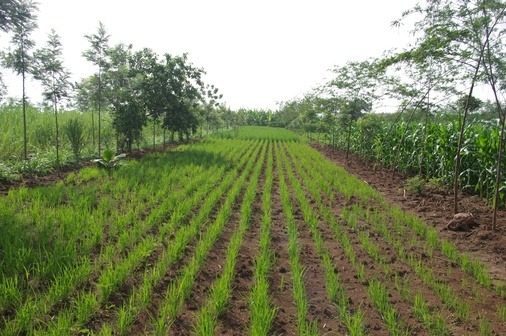
Incentivizing Sustainable Farming
We have long been engaged in projects with the World Bank`s BioCarbon Fund in Zambia and Kenya. Based on this experience, we want to continue incentivizing farmers to take up practices that sustainably increase their productivity and also lead to environmental benefits such as healthier soils or carbon sequestration.

